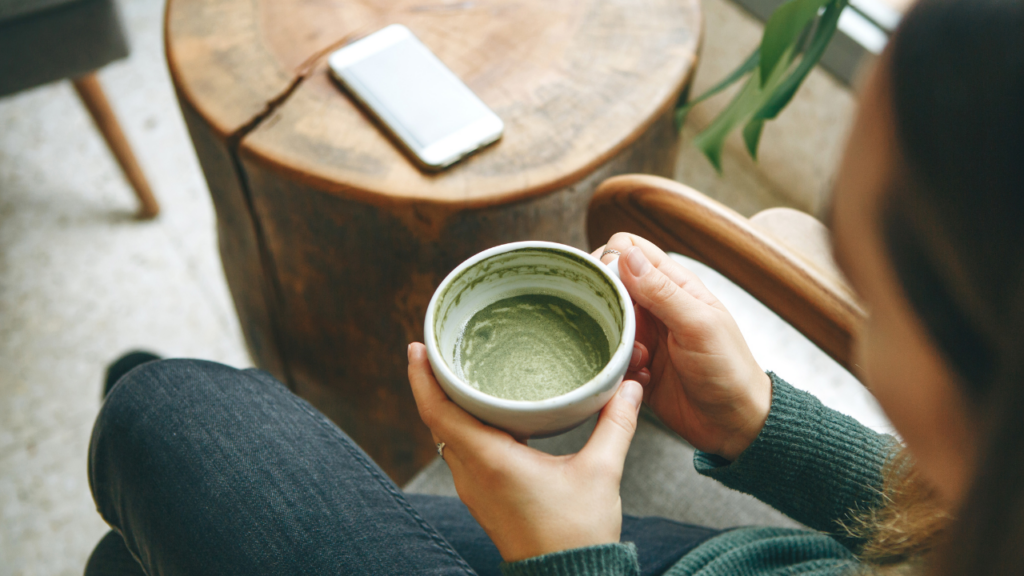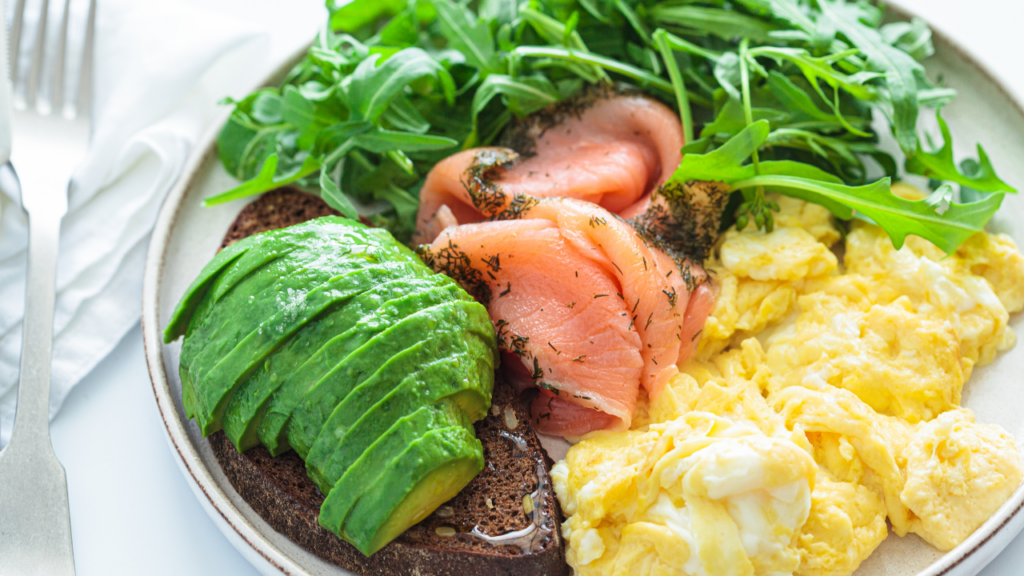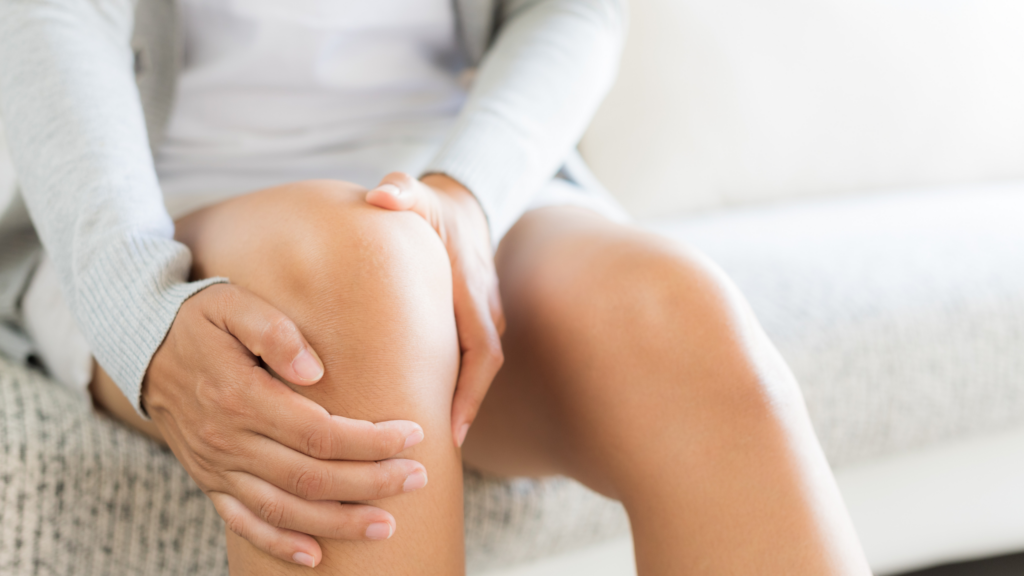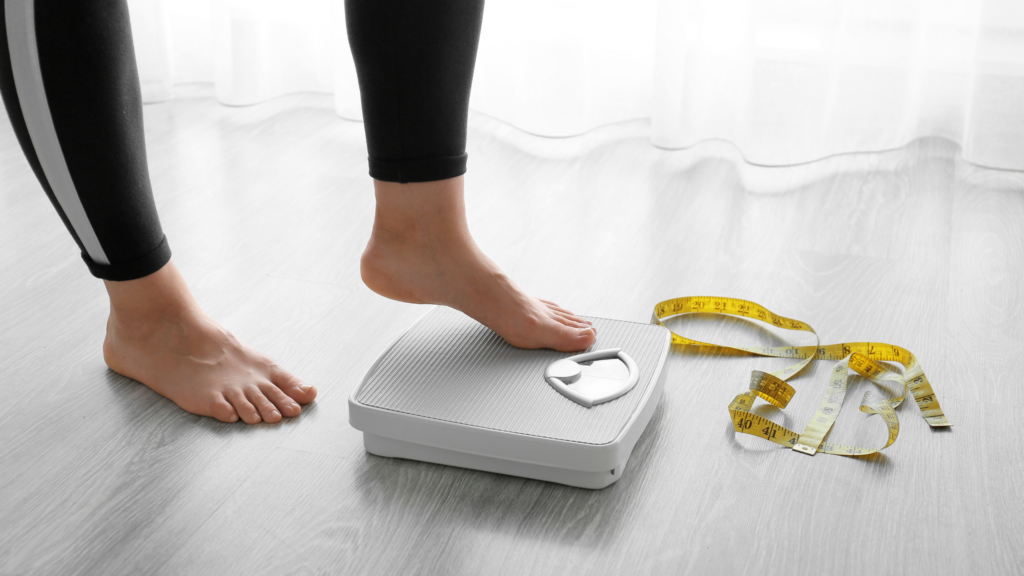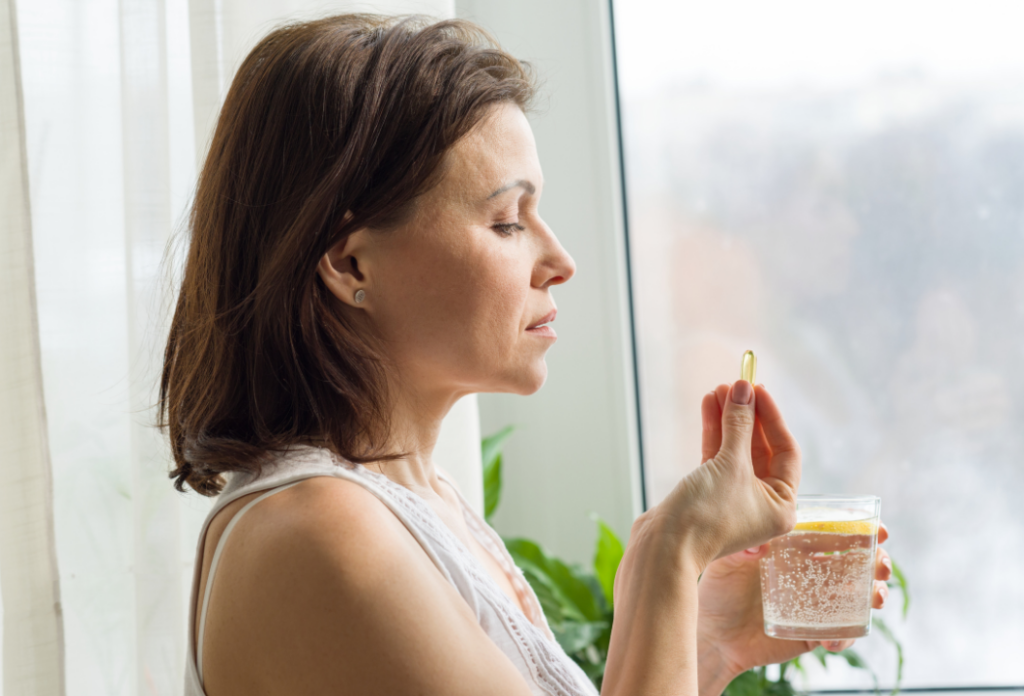Orthorexia and the Dark Side of Healthy Eating
Published on August 18, 2018 by Dr. Caitlin Gordon
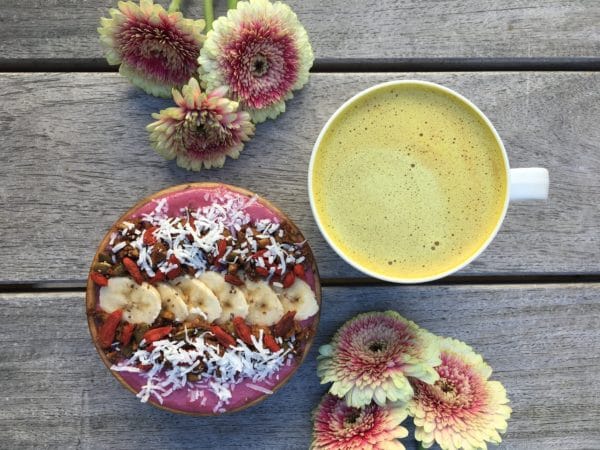 Orthorexia describes a specific type of disordered eating—taking the concept of “clean eating” (I have intentionally stopped using this term) too far. It’s when eating foods considered unhealthy causes anxiety, shame, and guilt. Acceptable foods become very limited to only those that fit into a narrow category of “clean” food.
Orthorexia describes a specific type of disordered eating—taking the concept of “clean eating” (I have intentionally stopped using this term) too far. It’s when eating foods considered unhealthy causes anxiety, shame, and guilt. Acceptable foods become very limited to only those that fit into a narrow category of “clean” food.
This is a condition I’m seeing more and more in my younger patients, and Instagram is a huge part of the problem. Many Instagram influencers have perpetuated the myth that in order to be healthy, lean, glowing, and happy we have to be eating a raw, sprouted, fermented microgreens bowl sprinkled with adaptogenic herbs for every meal. This is total insanity. Not only is it NOT healthy to obsess about each meal needing to be some combo of high-maintenance superfoods, it’s psychologically damaging to start seeing food as clean vs dirty. Because, if we are what eat, then we’ve created the harmful believe that WE are dirty or bad by eating certain things. This is not self-help, self-love, self-care, or healthy.
Clean Vs. Dirty Food
We could say pesticides, hormones, and high fructose corn syrup in foods make them less “clean” than organic whole foods. Where this gets way off track is when we start seeing white rice and ice cream as “dirty” foods. The line between orthorexia and healthy eating can get blurry. Telltale signs are feeling guilt, shame, or anxiety for eating foods not on your “clean” list and having that list be a very limited number of foods or food categories. Labeling entire food groups as dirty or bad (like carbs, sugars, fats or animal protein) is another red flag. There is a place for all food groups in every diet.
Diet restrictions are sometimes necessary for therapeutic purposes, and in those instances, I recommend working with a functional nutritionist. Find someone who isn’t dogmatic about food. Any practitioner who tells everyone they must be vegan, sugar-free or grain-free is promoting eating disorder culture. This disempowers women and makes it more likely someone will develop orthorexia.
Diets should be tailored to the individual. In most cases, therapeutic diets are short-term, and the goal is always to reintroduce the most variety possible. Our microbiome and psychological health thrive on variety. Let’s take a stand against extreme diet culture!
Curious which foods help with anxiety? Download the free PDF of the Top 8 anxiety-reducing foods here
Need Professional Help with Orthorexia or Nutrition?
The contents of this site, including text, graphics, images, and other material are for informational purposes only. Nothing contained in this site is or should be considered or used as a substitute for professional medical or mental health advice, diagnosis, or treatment. Please schedule an appointment for personalized health advice.

